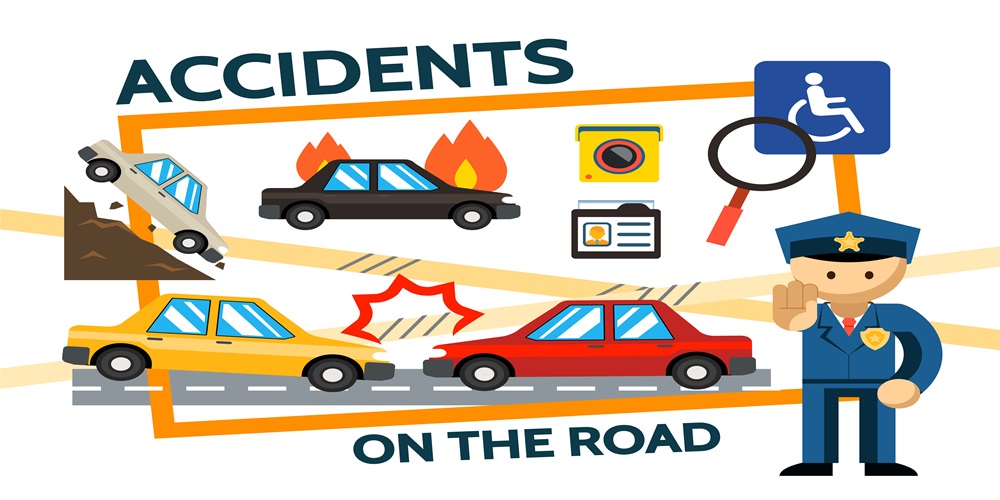Understanding Your Rights When Dealing with Law Enforcement
As a Canadian citizen, it is important to understand your rights when dealing with law enforcement. Protecting your privacy is an essential component of these rights, and understanding how to do so can help you avoid legal troubles in the future.
In this article, we will explore some of the essential aspects of protecting your privacy when dealing with law enforcement, and provide you with some actionable tips to help you safeguard your personal information.

The Canadian Charter of Rights and Freedoms guarantees several fundamental rights to all Canadians, including the right to privacy. Section 8 of the Charter states that “everyone has the right to be secure against unreasonable search or seizure.” This means that law enforcement officials cannot search your property or seize your belongings without a warrant or a valid reason.
However, in certain situations, law enforcement officials may have a legitimate reason to search your property or seize your belongings without a warrant. For example, if they suspect that you are committing a crime, they may have the right to search your car or seize your phone. In such cases, it is crucial to understand your rights and take steps to protect your privacy.
Here are some key tips to help you protect your privacy when dealing with law enforcement:
Stay Calm and Cooperative
If you are approached by law enforcement officials, stay calm and cooperative. Be polite and respectful, and avoid escalating the situation. Remember that you have the right to remain silent, but you should provide your identification if asked. Refusing to cooperate may only make the situation worse.
Ask for Identification
If someone claims to be a law enforcement official, ask for identification. Law enforcement officials are required to identify themselves, and you have the right to verify their identity before cooperating with them.
Ask if You Are Free to Go
If you are stopped by law enforcement officials, you have the right to ask if you are free to go. If they say yes, you are free to leave. If they say no, you may be under arrest or detention, and you should ask for a lawyer immediately.
Know Your Rights
It is crucial to know your rights when dealing with law enforcement officials. Educate yourself on your rights under the Canadian Charter of Rights and Freedoms and other relevant laws. This will help you make informed decisions and protect your privacy.
Don’t Consent to Searches
Law enforcement officials may ask for your consent to search your property, car, or electronic devices. You have the right to refuse consent unless they have a warrant or a valid reason to search. If you consent to a search, you may be giving up your right to challenge the legality of the search later.
Protect Your Electronic Devices
Electronic devices, such as phones and laptops, contain a wealth of personal information. If law enforcement officials ask to search your electronic devices, you have the right to refuse unless they have a warrant or a valid reason to search. You can protect your electronic devices by using strong passwords and encryption and avoiding storing sensitive information on them.
Hire a Professional Lawyer
If you are facing legal troubles, it is important to hire a legal represensative who can help protect your rights and privacy. A lawyer can advise you on your legal options, represent you in court, and help you navigate the complex legal system. Hire a professional lawyer to ensure that your rights are protected.
Conclusion
Protecting your privacy is essential when dealing with law enforcement officials in Canada. By staying calm and cooperative, knowing your rights, and taking steps to safeguard your personal information, you can minimize your legal risks and avoid potential legal troubles. If you are facing legal troubles, don’t hesitate to hire a professional lawyer to help protect your rights and privacy.





